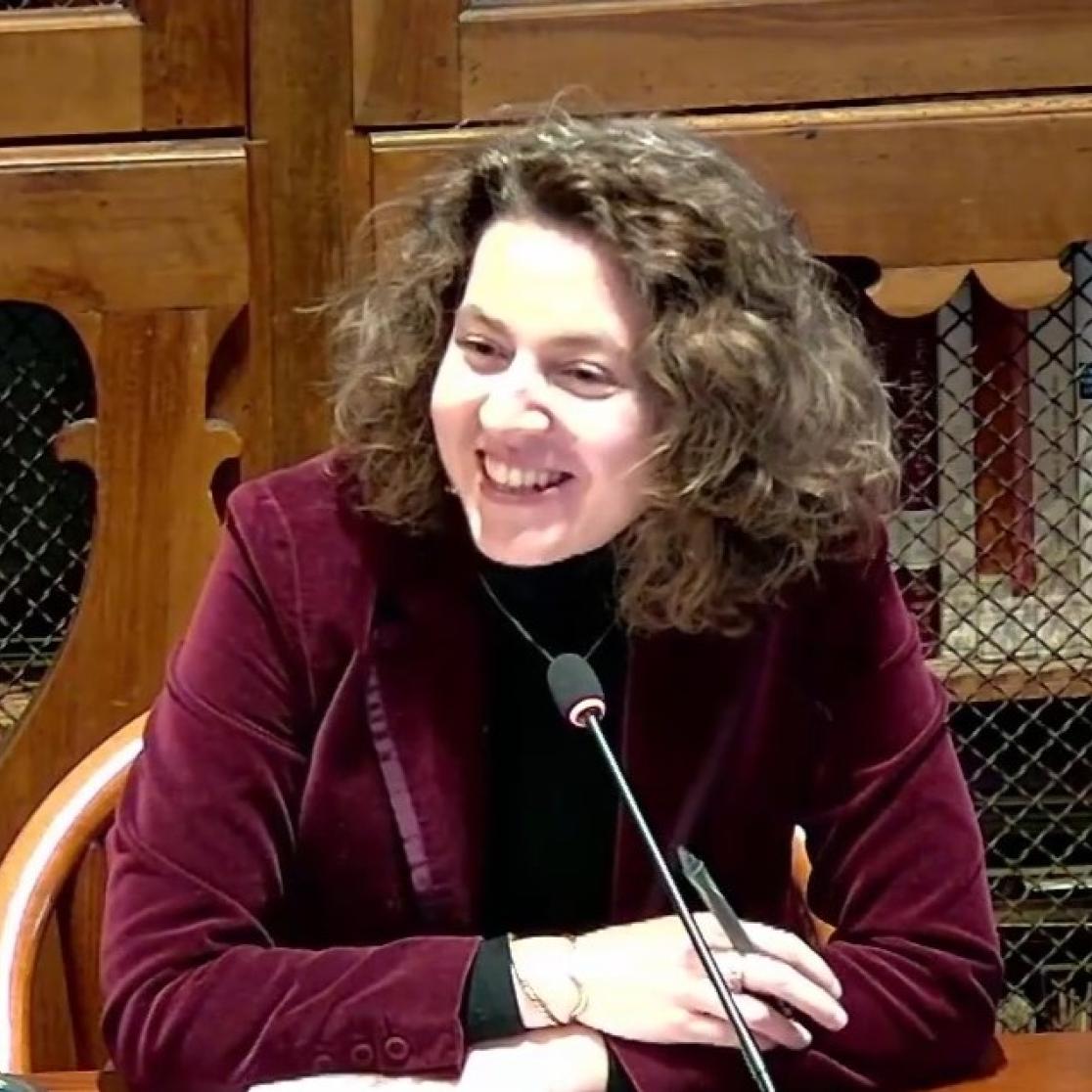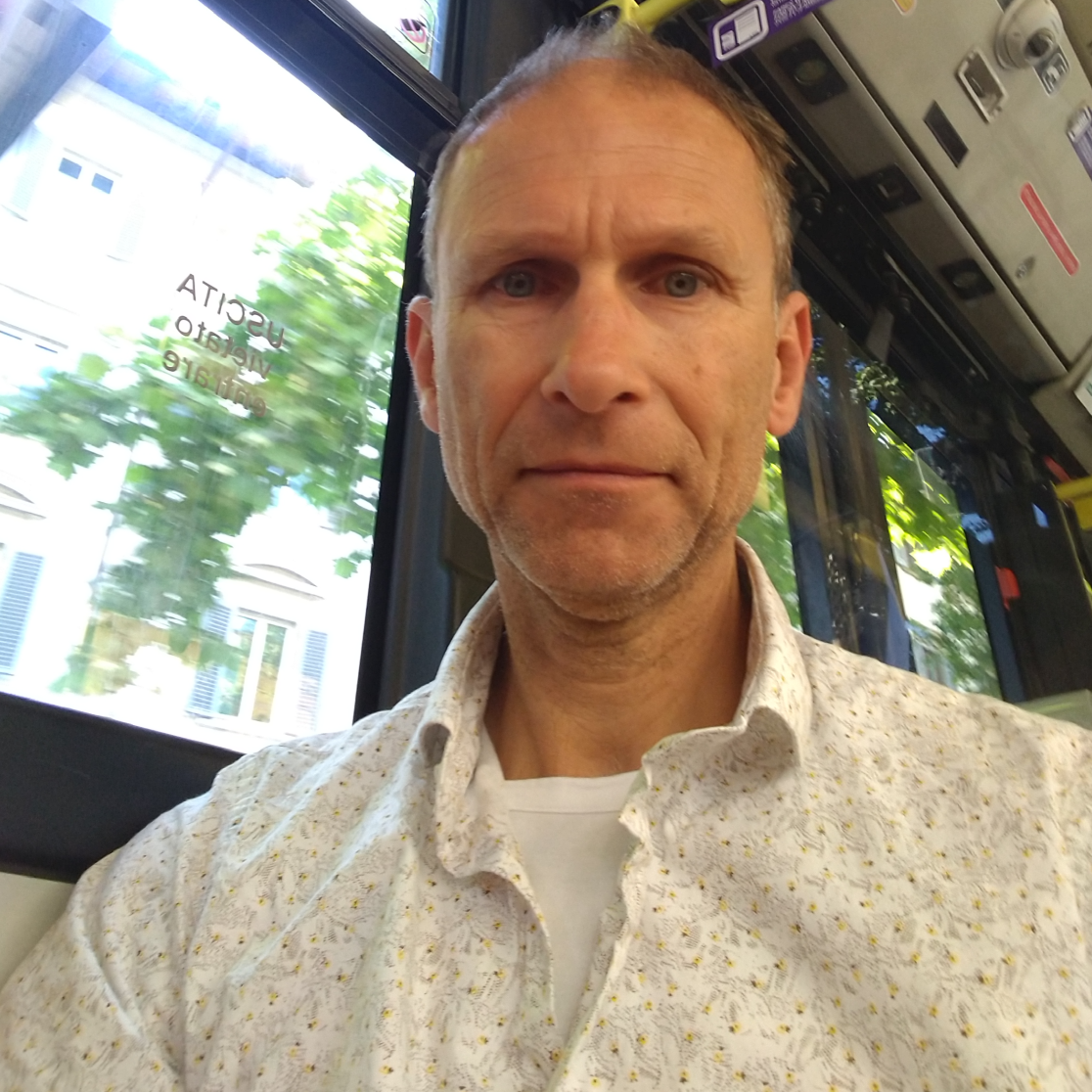Law & Popular Culture Lecture series
Law & Popular Culture brings out the manner in which popular culture affects law and its understanding by actors in society. This academic movement explores law in different environments, such as art and entertainment, as well as cultural movements as phenomena to which the law must relate.
The Law & Popular Culture Lecture Series hosts renowned scholars from different Universities, presenting their work and ideas on law and popular culture. Underlining the value that non-conventional approaches to law offer to a better understanding of social sciences, this Lecture Series aims at sparking continuous debate and dialogue.
Join us on our upcoming 2025 Law & Popular Culture Annual Lecture!
2025 Law & Popular Culture Annual Lecture
23 October 2025, 16:30–19:00
Law and Justice in Comics. An Itinerary
By Prof. Giuseppe Martinico
This lecture explores the representation of law and justice in comic books, focusing on Batman and the X-Men as central case studies. Far from being mere entertainment, comics act as powerful vehicles for legal imagination: they reflect dominant social anxieties and serve as accessible tools for legal and constitutional education. Drawing on legal theory and constitutional thought, the paper investigates how comics reveal the pathologies of law—from its incapacity to deliver justice in corrupt systems, as exemplified by Batman’s extralegal vigilantism, to its potential for exclusion and oppression, illustrated by the X-Men’s battles against discriminatory “anti-mutant” laws. By engaging with themes such as populism, marginalisation, and the limits of legal authority, this analysis positions comics as critical sites where law is not only portrayed but questioned, reimagined, and contested.
Programme:
16:30–18:00 Lecture
18:00-19:00 Reception
Giuseppe Martinico is Full Professor of Comparative Public Law at the Sant’Anna School of Advanced Studies, Pisa, where he also serves as co-director of the Sant’Anna Legal Studies programme. His research interests cover both comparative and European law, fields in which he has written extensively, including four monographs in English (published by Oxford University Press, Cambridge University Press, Edward Elgar, and Routledge). He has published on populism from a constitutional perspective in both European and North American journals. He is also a member of the International Association of Constitutional Law (IACL) and the ICON Society, among others. He is a Member of the International Advisory Board of the Centre for Constitutions in Context of the University of Warwick.

2024 Law & Popular Culture Annual Lecture
From Grand Tour and Exoticism, to Organized Crime and Terrorism: How Cultural Heritage Narratives Shape Regulatory and Criminal Policies
By Prof. Arianna Visconti
The way in which human beings conceptualize cultural heritage and their relationship with it has a profound influence on attitudes towards its legal protection. Globally, it is only during the last decades that the problems posed by looting and trafficking of cultural artefacts have started to be framed in terms of criminal, rather than of conservation, issues. The lecture will explore how shifting narratives about the taking of art and of ‘exotic’ cultural objects have contributed to this extremely slow evolution, as well as the reasons for its recent and significant acceleration, which led, in 2017, to the adoption of the first cultural property trafficking suppression treaty.
Click here for the recording.
Arianna Visconti, PhD in Italian and Comparative Criminal Law, is Associate Professor of Criminal Law and Law & Arts in the Università Cattolica del Sacro Cuore of Milan. She is senior member of ASGP - Graduate School “Federico Stella” of Criminal Justice in the same University, where she coordinates the research groups on offences against cultural heritage and on law and literature. She recently published a monographic volume on criminal law protection of cultural property. Her publications (both in Italian and in English) cover, besides further aspects inherent to cultural heritage and art and antiquities market regulation, mostly defamation law, reputational sanctions, online disinformation, theory of punishment, white-collar and organizational crimes, and corporate violence.

2023 Law & Popular Culture Annual Lecture
How do you feel? Conceptions of justice in documentary film
By Prof Dr Wouter Werner
It has become quite common to use documentary film in legal education. Since many documentary films deal with issues of law, truth and justice they have become popular material to illustrate legal and societal issues in an accessible way. However, documentary film is more than just an illustration of an argument on screen. It offers a specific mode of (re)presentation that differs significantly from for example academic writing. When using film in legal education, it is necessary to be aware of the overlaps and differences between different forms of communication. What is needed, in short, is some visual literacy in order to understand the specific form of storytelling that takes place on screen. In this lecture, I will focus on a topic that is central to both law and documentary film-making: the representation of justice. Through a discussion of some films on international crimes and atrocities, I will set out how modes of documentary film making relate to representations of justice. I will show how both law and documentary film rely on a combination of evidence, narration and argument. However, I will also show, quite literally, how film as a medium changes the way in which these elements are combined.
Wouter G. Werner is professor of international law at the Vrije Universiteit, Amsterdam. He also holds a position as extra-ordinary professor at the University of Curacao. In 2022 he published the book Repetition and International Law (Cambridge University Press). Currently, he is working on the intersection of international law, film and theatre. His research deals with theatrical techniques and legal interpretation, re-enactment as tool in legal education and a study of the theatrical character of the Security Council. He is part of an interfaculty working group to develop a minor on film as a mode of knowledge production in law, science and religion.
